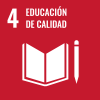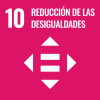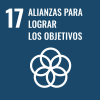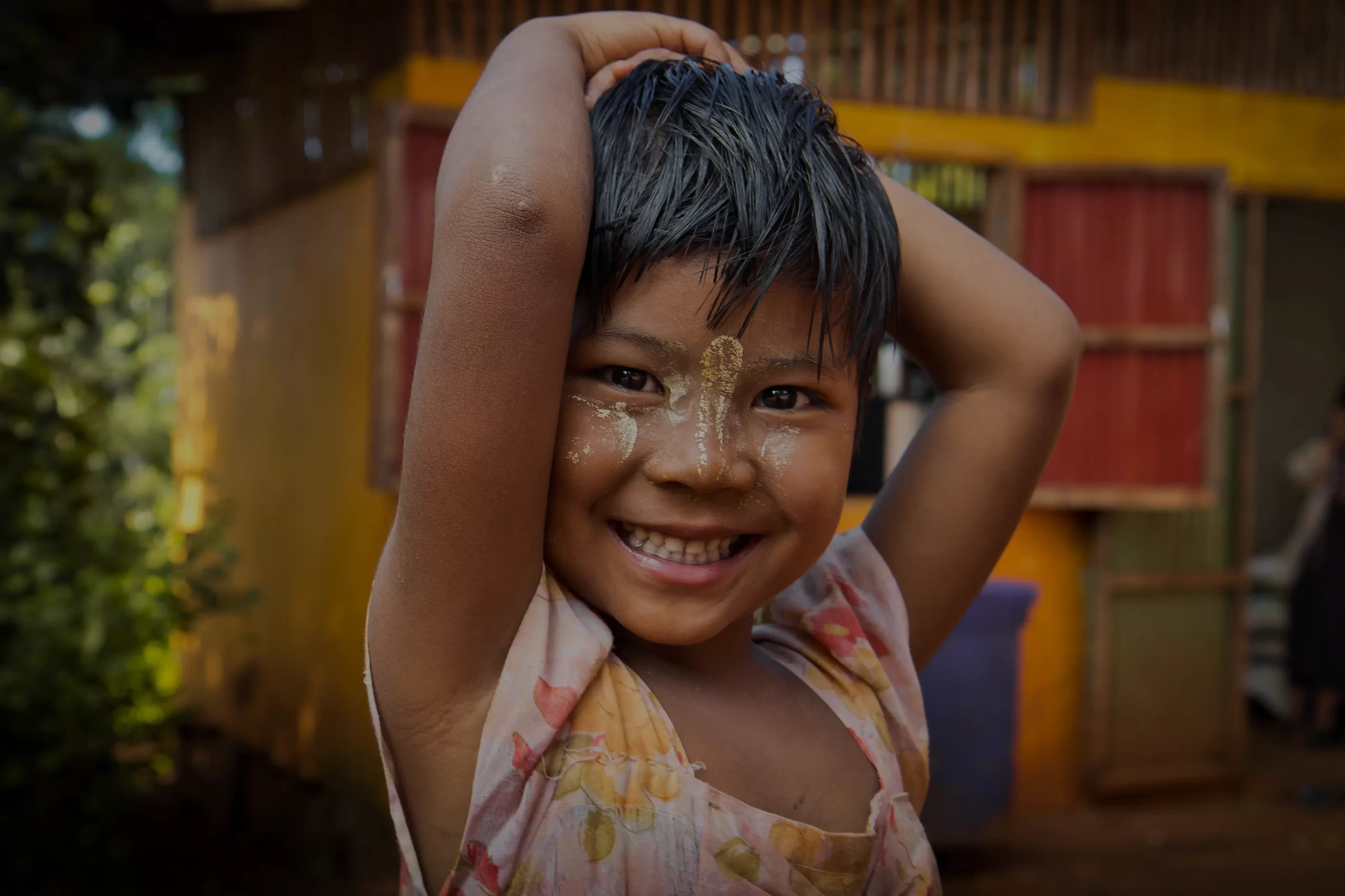Integral support for
children
At Tubacex Foundation we are contributing to the development of hundreds of Burmese refugee children living in Mae Sot (Thailand).
Initial Outcomes
The program has always had the aim of improving the living conditions of Burmese refugee children. Projects focused on education, infrastructure, food, workshops and emergency aid make it possible to improve their quality of life.
Areas of action
The charity Colabora Birmania offers children education throughout all stages of child development, from orphanages, nurseries and schools, to job seeking support when they reach adulthood.
Program
Benefits
Tuition continues to be held in the communities where students live. Food parcels have been distributed to vulnerable families and workshops have been held with young people to promote the circular economy.
Beneficiaries: boys and girls
Caregivers and volunteers
Teachers
Schools



Heavenly
Home Orphanage
80 children
4 caregivers and 7 volunteers
The orphanage had a sponsor who covered a large part of maintenance costs but this collaboration could not be maintained. Thanks to the Foundation, maintenance and schooling costs have been paid, thus preventing children from falling into drug addiction and homelessness.
Chicken School
Nursery
123 children 8 teachers
Two essential maintenance tasks were carried out: repairing the warehouse wall to prevent moisture problems and keep food and materials in good condition; and installing tiles in a classroom to reduce the risk of injury for children by replacing the damaged floor.
SAW
school
180 children 12 teachers
Managed by the organization Social Action for Women (SAW). We met all maintenance and staff costs, which helped to avoid its closure. In 2022, given the impossibility of continuing to use the facilities, extending the Km 42 School was decided to accommodate SAW students.
Km 42
School
350 children 16 teachers
In 2019-2020, the toilets were repaired and the water pumping system was optimized. From 2022 onwards, our collaboration focused on financing the construction of a new center enabling the extension of the current educational offer, and to accommodate SAW School students who could no longer continue their studies at their local center.


